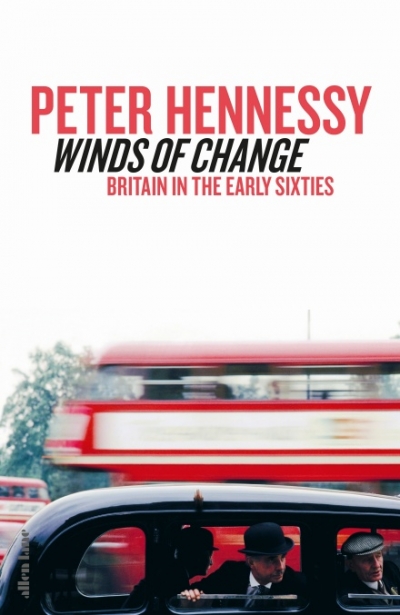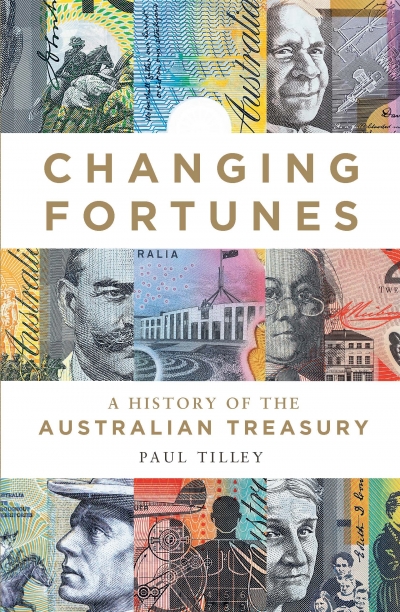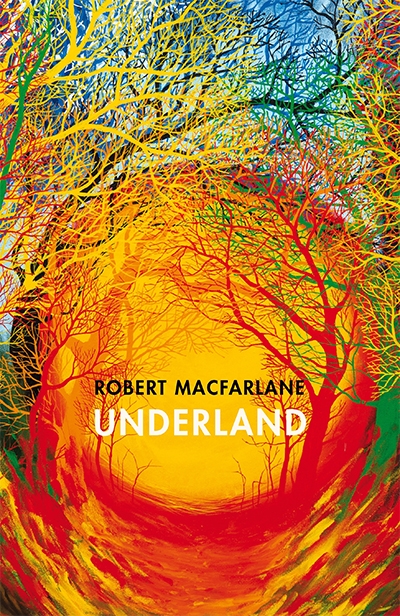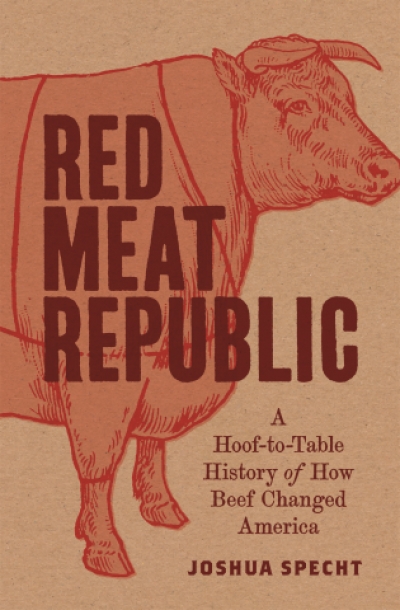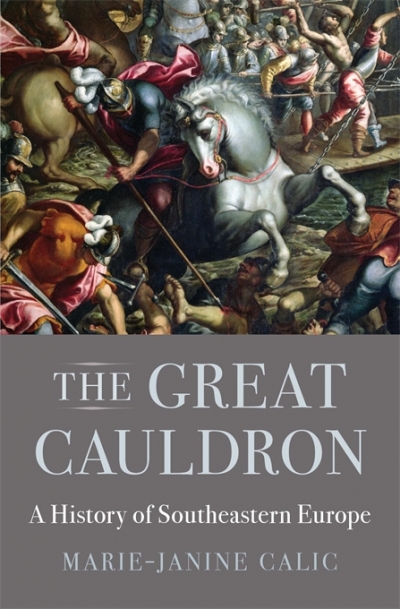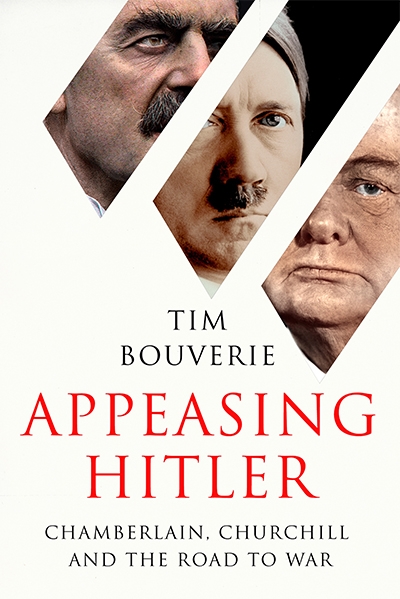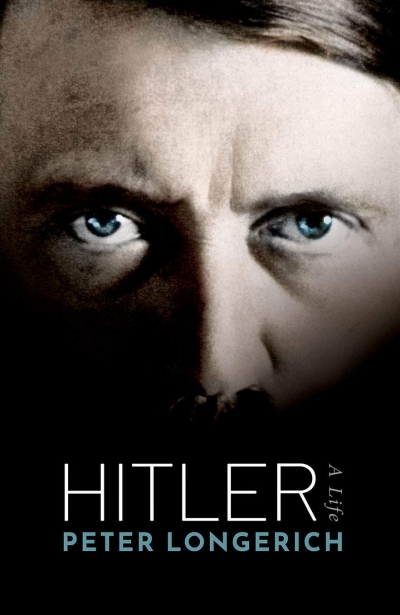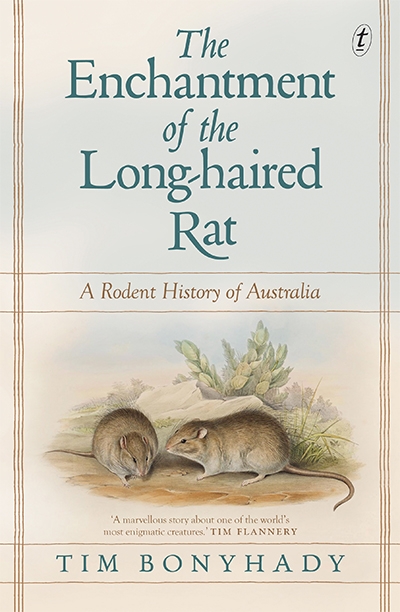History
A Spanner in the Works: The extraordinary story of Alice Anderson and Australia’s first all-girl garage by Loretta Smith
On the evening of 6 August 1926, Alice Anderson donned her driving goggles and gloves, waved to the cheering crowds outside Melbourne’s Lyceum Club, and got into her tiny two-seater Austin 7. With her former teacher Jessie Webb beside her, the boot packed with two guns, sleeping bags, a compass, four gallons of water, a supply of biscuits, and, strangely, two potatoes with red curly wigs, she tooted the horn and set off. Her mission? A three-week pioneering trip to the never-never. ‘There is only one main route from Adelaide to Darwin, and that is only a camel track,’ the tiny young woman behind the wheel said breezily of the 2,607-kilometre journey ahead of her. ‘We are not going to stick to the beaten track.’
... (read more)Winds of Change: Britain in the early sixties by Peter Hennessy
On 3 October 1962, Hugh Gaitskell rose to address the annual Labour Party Conference in Brighton. He had been Labour leader for nearly a decade and was widely tipped to win the next general election, due within two years. Gaitskell’s message was clear and vivid: Britain must never join the European Economic Community. To do so, he told delegates, would ‘mean the end of a thousand years of history’.
... (read more)Changing Fortunes: A history of the Australian treasury by Paul Tilley
Paul Tilley classes the Treasury, now housed in Canberra, as ‘one of Australia’s great enduring institutions’. It began humbly in 1901, in a smallish stone building that still stands at the corner of Collins and Spring Streets in Melbourne. That handsome structure appears to be just about the correct size for its initial staff of five. Just across the street stands a statue of Sir William Clarke, a rich pastoralist of that era who, had he sold some of his properties and sheep, might easily have paid for all the salary cheques signed by the nation’s Treasury in its first weeks.
... (read more)The Somme – it is a name that still strikes dread in the ears for its carnage, ineptitude and sheer waste of life. For the English-speaking world at least, the battle of the Somme has come to symbolise all that was bad about the Great War in general, and the Western Front in particular. The 141-day battle cost the British Army alone more than 400,000 casualties, including 150,000 men killed. The first day (1 July 1916) saw the death of 20,000 soldiers – the single bloodiest day in the history of the British Army. It wasn’t quite as bad as the savage slaughter at Towton on 29 March 1461, where about 30,000 Englishmen perished in the vicious quarrel between York and Lancaster, but on the Somme the bloodshed kept going, day after day for four and a half months, and no one seemed to know how to stop it.
... (read more)Underland is English nature writer Robert Macfarlane’s longest and, by his own admission, deepest and strangest book. It took almost a decade to write. From the remote mountain peaks of his first book,
During a steamy Brisbane summer in the early 1990s, my father planned an outing for his preteen children, an adventure that would punctuate an otherwise predictable cycle of sleepovers, movies, and trips to the swimming pool. At the time, Dad was a board member of the Queensland Abattoir Corporation, and his idea of entertainment was a guided tour of the nearby Cann ... Red Meat Republic: A hoof-to-table history of how beef changed America by Joshua Specht
The Great Cauldron: A history of southeastern Europe by Marie-Janine Calic, translated by Elizabeth Janik
South-eastern Europe is a region defined by ambiguity: with few clear geographic boundaries or consensus over its correct appellation, it is a palimpsest bearing the marks of Balkan, Roman, Byzantine, Venetian, Ottoman, and central European cultures. As the identities of the region’s inhabitants have shifted across the centuries, their position within the European ...
Appeasing Hitler: Chamberlain, Churchill and the road to war by Tim Bouverie
Speechless, Adolf Hitler sat glowering at Foreign Minister Joachim von Ribbentrop. Since 1933 the führer had gambled repeatedly that France and Britain would capitulate to his latest demands. Now he tried again, reassured by Ribbentrop (no aristocrat, a vain man who had purchased his title) that the feckless Allies would not intervene if ...
... (read more)Hitler: A Life by Peter Longerich, translated by Jeremy Noakes and Lesley Sharpe
It’s a disconcerting image. Piercing blue eyes stare out at you from the cover of the book. It renders Adolf Hitler somehow human, which is the intent of the author, Peter Longerich, and which sets this biography apart from the many others that have preceded it. Two other notable biographers, Ian Kershaw and Joachim Fest, refused to engage with Hitler’s personal ...
The Enchantment of the Long-haired Rat: A rodent history of Australia by Tim Bonyhady
The enchanting of rats has a long history. The Pied Piper, who enchanted first the rats then the children of Hamelin, is familiar to European readers. Here, Tim Bonyhady brings us a new story of rat enchantment by the Diyari and the Yandruwandha people in the eastern Lake Eyre basin. According to explorer Edwin Welch, they sang ‘in low, weird and dirge-like tones ...


